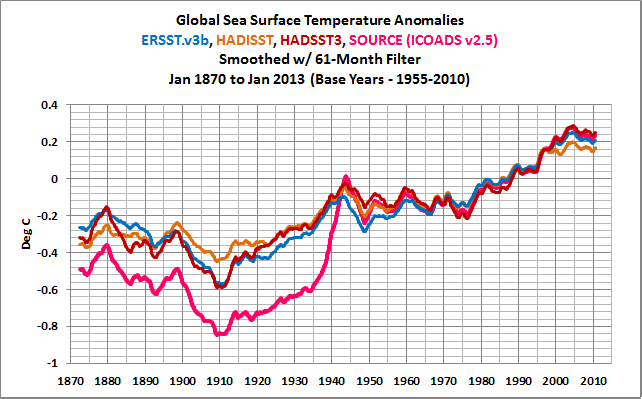ScienceRocks
Democrat all the way!
- Banned
- #1
Kiritimati Atoll: The Largest Coral Atoll In The World Lost 80 Percent Of Its Coral To Bleaching in the Last Ten Months
This is really sad...
The Largest Coral Atoll In The World Lost 80 Percent Of Its Coral To BleachingTheir estimate is, as of early April, about 80 percent of the coral colonies at Kiritimati are now dead, and another 15 percent are severely bleached and likely to die. It’s as if someone decided to cut down 90 percent of the Redwood Forest. Overnight, an entire ecosystem has essentially blinked out of existence.
I spoke with the team by satellite phone on one of their last days of dives, and the shock in their voices was palpable.
“There’s a good chance that this reef will never be the same,” said Cobb. “It’s a wake-up call.”
From cores that Cobb’s team has analyzed, she estimated there’s been nothing like the current die-off in Kiritimati in the 7,000 years of ancient coral history there. About 10 months ago, this reef was still mostly healthy, as it has been for thousands of years. Global warming will make the pressure on global corals even worse in the coming decades, and many of the world’s reefs can expect future bleaching events to occur more frequently. For some, like those in Kiritimati, the last few months — the worst global coral bleaching episode in history — may be a point of no return.
This is really sad...






